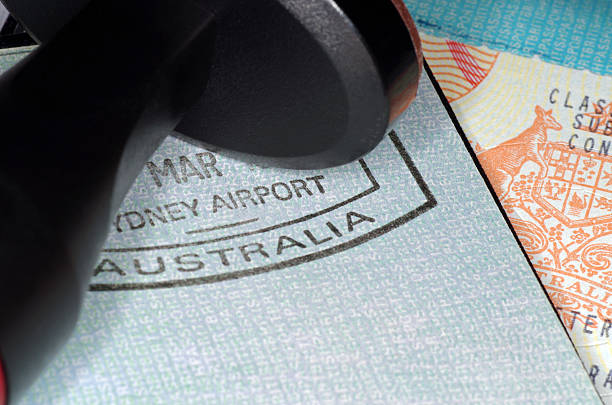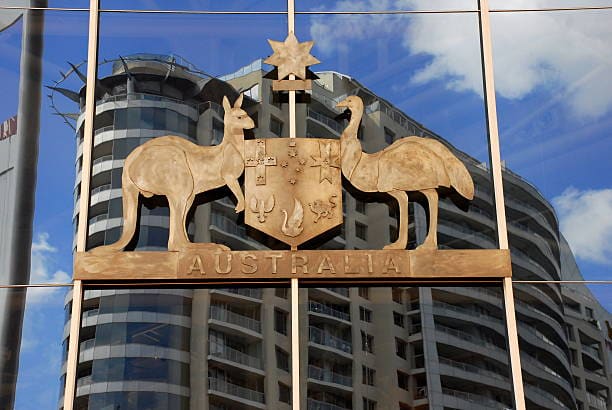As the term suggests, ministerial intervention means that the minister can intervene in some immigration matters. The Minister for Immigration, Citizenship and Multicultural Affairs can intervene in matters if they believe it is in public interest to do so. There are 3 sections under the Migration Act (1958) that specifically deal with ministerial intervention. Notably, the Minister does not have any obligation to intervene in any matter.
Ministerial Intervention: Relevant Provisions under Migration Act
The Minister can substitute a tribunal’s decision if it is in the public interest to do so. They can make a decision that is more favourable to the applicant. If they substitute the decision, they must lay a statement out before the House of Parliament that:
- Sets out the decision of the Tribunal, and
- Sets out the decision that they have substituted; and
- Sets out reasons behind their decision, referring especially to their reasons for thinking that their actions are in the interest of the public.
Section 417
This Section has similar provisions under Section 351. Section 417 allows the Minister to substitute a decision of the Tribunal under Section 349 another decision that is more favourable to the applicant.
Section 501J
As per this section, the Minister can set aside a protection visa decision made by the Administrative Appeals Tribunal (AAT) and substitute another decision that is more favourable to the applicant. This is regardless of whether the AAT had the power to make the other decision.
The AAT protection visa decision is a decision related to an application for, or cancellation of a protection visa.

Can you Make a Request for Ministerial Intervention?
Note that ministerial intervention is the last option available for people. Since there is no obligation for the Minister to intervene, there are very few cases where ministerial intervention takes place.
When making a request, the applicant must have a valid visa in Australia. Moreover, there must exist a situation for the Minister to intervene. In other words, if there is an existing decision, then the Minister can intervene. Either the applicant can themselves make a request for the Minister to intervene, or they can hire an immigration lawyer who can act on their behalf.
According to the Department of Home Affairs, the applicant or their authorised representative can make a written request to the Minister for a ministerial intervention. When making the request, the applicant must provide all information such as who all are included in the request and their Client Identity Number. This number is on the top of the visa grant notice. Importantly, the applicant must provide reasons as to why they consider their case to be unique or different.
Can Minister Always Intervene?
As mentioned above, there are specific situations in which parties can request for ministerial intervention. This is not possible in the following circumstances:
- If the tribunal has not made any decision
- If the Minister has already intervened to grant a visa
- If the tribunal has found that it does not have jurisdiction to review a decision
- If a tribunal has found that the party made an application outside the time limit
- If a tribunal referred the matter to the Department and decision has already been made

Importance of Seeking Advice from Migration Lawyers
Seeking advice from migration lawyers is crucial. Australian immigration law is complex due to various reasons. For instance, migration law is constantly changing in Australia. This makes it difficult for individuals to assess the specific requirements without legal and professional guidance.
Lawyers are able to understand personal circumstances well, and provide advice that is tailored to your specific situation. For example, they can help you understand your eligibility for different visas, and recommend most suitable visa for you. They can also explain the obligations and conditions of different visas.
Additionally, migration lawyers can represent you in legal proceedings, such as visa applications, appeals, or hearings, increasing your chances of success. They can also liaise with government authorities on your behalf – offering necessary support during stressful times.
For more information on immigration law, reach out to our solicitors today.
